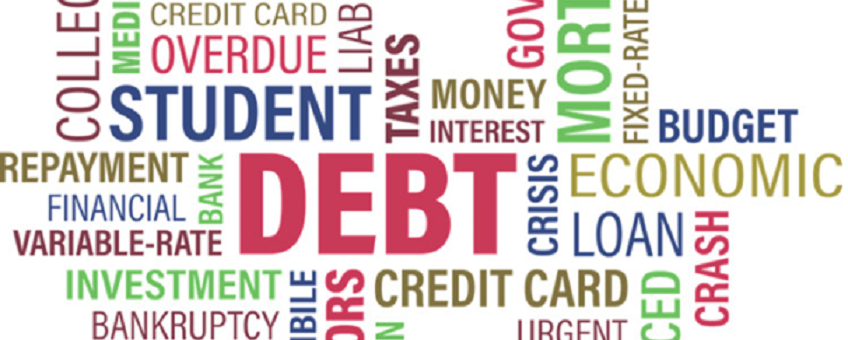Here are the top three reasons why having some form of debt is good:
1. Builds a credit track-record
When you start to make your lifestyle purchases, be it houses, cars, credit cards, etc., by using money from the banks, you will start to have a credit record. This will be registered in a credit bureau. In this case, Bank Negara Malaysia’s CCRIS system.
It is important for you to make timely payments to the banks so you will have a positive credit history which can be used as the reference point for the next credit grantors when they decide if they should grant you a loan. Your payment habits together with other credit records will then be summarised into a credit score to help the credit grantors make an informed decision whether to approve or reject your loan application.
If you have zero credit history, you become unknown to the credit grantors for them to assess whether you can pay off your debts on time. In more developed countries such as the United States or United Kingdom, you may not even be able to rent an apartment when you do not have any credit score which is derived from your credit records. This is because the prospective landlords are unable to know your payment pattern without any credit score.
With an established credit track record, potential lenders, creditors and even employers will be able to check if you are financially responsible and trustworthy. This also increases your ability to gain better loan rates and even, widen your employment prospects.
2. Opportunities for Wealth Creation
Learning hoe to leverage other people’s money creates opportunities for wealth creation. With the same amount of cash on hand, if you plough all your money into buying one property, you will not have extra to make other purchases or invest elsewhere. If you take up a housing loan by using your cash for the down payment only, your balance of cash on hand can be used to invest in more properties that give you capital growth or better utilised elsewhere to create more wealth.
Over time, you will experience increases not only in the value of your asset, but also your net worth.
3. Allows you to save for a rainy day
Once you have organised the amount needed to pay your debt, or gone through the process of consolidating your loans with a lender that offers lower interest rates, you’ll have a better idea on how much you can set aside every month for emergencies. Emergency funds are essentially savings that can see you through a minimum of six to eight months.
So, pay your loans (try to pay off the higher interest rate ones first if you have not consolidated them) and bills on time or earlier, as this will ensure you are not charged with higher interest rates or even late charges.
So, in order to be financially healthy, learn to manage your debt wisely. Take time to understand the services at credit reporting agencies and use them to your advantage. Stay focused on your goal of achieving financial success and do not get side-tracked by impulse purchases that could set you back all over again.
